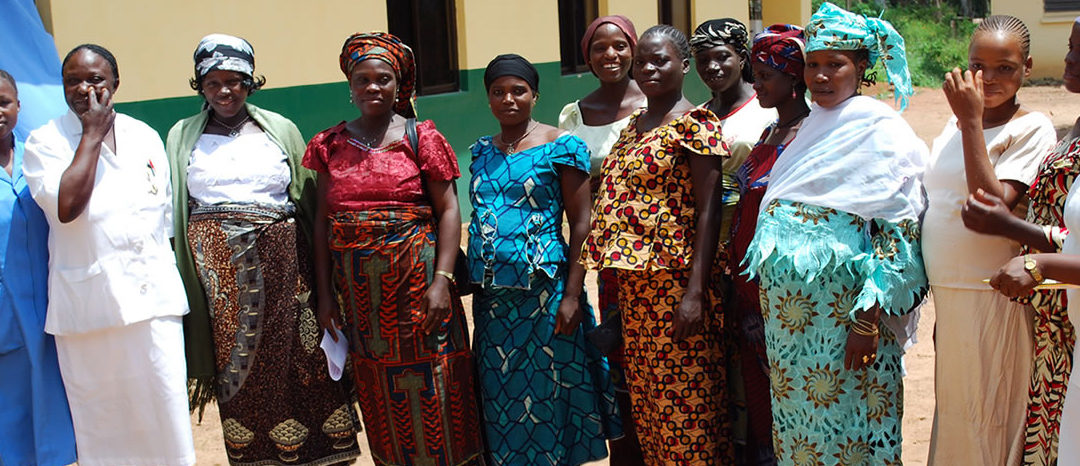My early years in Belgium were full of confusion on many issues. It made me wonder how two continents could have such disparities in culture and structure. To start with, announcing pregnancy and due dates is a no-no in Yoruba Land.
I’m from Yoruba land. The Yoruba are the southerners of Nigeria in West Africa. According to history, the origin and existence of the Yoruba race can be traced to their ancient father, Oduduwa. He migrated from the ancient city of Mecca in Saudi Arabia thousands of years ago. Yoruba land is rich in landscape, cash crops, and natural mineral resources.
What exactly is a pregnancy?
Pregnancy is the term used to describe the period in which a fetus develops inside a woman’s womb or uterus. Pregnancy usually lasts about forty weeks or just over nine months. In my culture, during those weeks of pregnancy, you must keep your mouth shut. You can’t tell anyone how pregnant you are or the due date, not even your closest friends. So why are baby showers and parties for babies held before they are born in the western world?
Why is announcing a pregnancy and due date a bad thing?
Something bad could happen to the pregnancy or the mother if they do.
Evil people, especially witchcraft and monsters, could harm or kill the fetus. So no counting of chicks before they’ve hatched. So, no celebration of uncertainty, period!
During my first pregnancy, apart from my husband, I couldn’t bring myself to tell anyone both in Belgium and back home that I was pregnant. That included my family in Nigeria and many people around me in Europe. My lips were sealed.
Again, why do people in the Western world have baby showers?
For a long time, the reason eluded me. But the question preoccupied me throughout my first pregnancy. I later discovered that baby showers are held to collect gifts for the unborn child.
Another wide-eyed moment occurred on the day of delivery when a nurse asked what name to give my baby. My face went blank, looking like a duck, with no name in mind. This is because, in Yoruba Land, the entire family names a baby on the seventh day. The naming ceremony (Iso Omo Loruko) is huge to celebrate the safety of mother and child and welcome the baby to the new world. Eventually, I told the nurse that it was against my culture to give a child a name before the seventh day. I didn’t have a name in mind. Politely, the nurse said she would write his father’s family name on the baby’s wrist.
After my confusion dissipated like a foggy day turning into a bright day, I concluded that culture and traditions can be perplexing and that harmful witchcraft and monsters exist only on the African continent and not elsewhere.
What are your thoughts on this? Don’t be afraid to share forbidden stories from your neighborhood or topics you’d like to see in my next blog.

